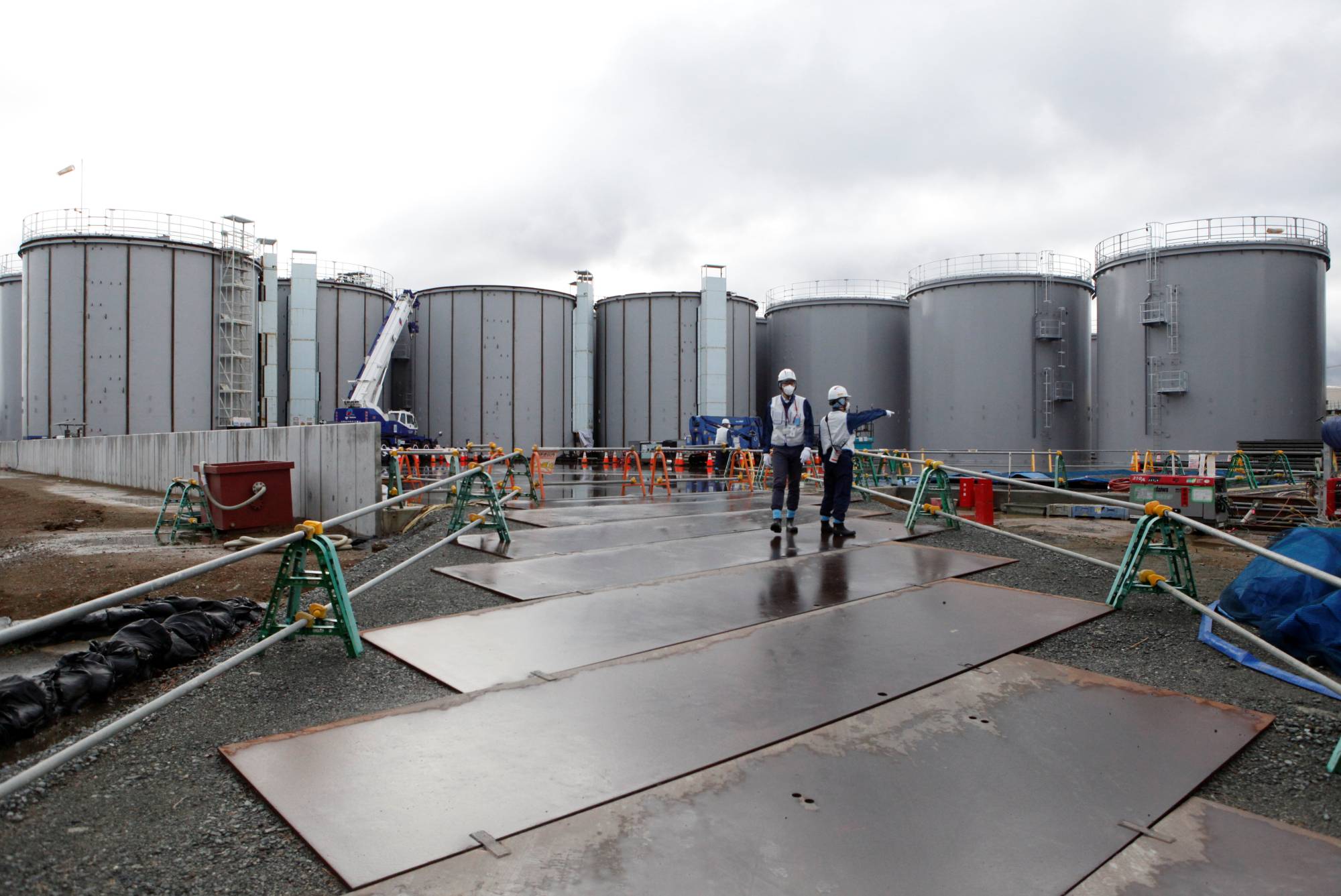Before the earthquake of March 11, 2011, the male idol group Tokio had rehabilitated a derelict farm in the town of Namie, Fukushima Prefecture, where the members grew vegetables and rice with the help of local farmers. The project, called Dash Village, provided them with a regular segment for their weekly Nippon TV variety show, “The Tetsuwan Dash,” which sparked a back-to-the-land movement among their fans.
It all ended with the catastrophic tsunami-triggered meltdown of the Fukushima No. 1 nuclear power plant, which was close enough to Dash Village to place the farm in the restricted radioactive zone. Nevertheless, Tokio had forged a strong relationship with the people of Fukushima and subsequently became public relations ambassadors, especially for the prefecture’s produce and seafood, which took a considerable hit due to fears of contamination.
According to the Asahi Shimbun, three of Tokio’s members have set up a limited corporation under the umbrella of their management company, Johnny & Associates, that will run a “virtual division” of the Fukushima prefectural government called Tokio-ka. The division will have no actual staff, and the article doesn’t explain what it specifically does. Fukushima Gov. Masao Uchibori told the newspaper that he would like to come up with exciting projects that Tokio can work on, and mentions they would act as a “bridge” between the prefecture and, presumably, the media. Professor Ryota Koyama of the Faculty of Food and Agricultural Sciences of Fukushima University said that Tokio’s mission will probably be to “strengthen the brand image” of Fukushima products, which, as the article points out briefly near the end, could be a challenge once the processed ground water from around the damaged nuclear power plant starts getting released into the sea.



















With your current subscription plan you can comment on stories. However, before writing your first comment, please create a display name in the Profile section of your subscriber account page.